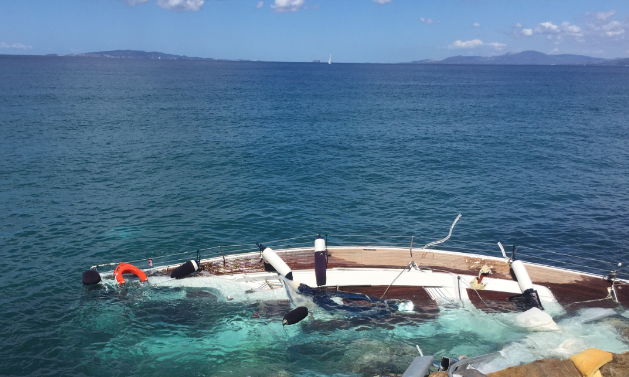For boaters to be able to operate their vessels safely, there are many things that they must learn. One of the most critical pieces of this puzzle is learning about boating safety and laws, plus the importance and functions of each accessory before clicking on the boat equipment for sale advertisement. That is why the National Association of State Boating Law Administrators (NASBLA) created a course called Boater Education.
- Encouraging Education and Awareness Campaigns
Boating accidents due to operator errors are on the rise. To reduce these accidents, proper training and knowledge for boaters are crucial regarding when and how they should operate their vessel. One way boaters can get this training is through a well-organized education campaign. National Recreational and Boating Safety Programs have developed education campaigns that provide boaters with information about best practices for safe operation and legal requirements.
The campaigns tend to shift boating culture to a more positive one in which recreational boaters are better educated and able to operate their boats properly. There has been increased participation in these campaigns by private and government entities. For example, operation dry water campaigns educate boaters about the risks of boating while impaired or under the influence of alcohol. States will continue using legal efforts to decrease boating accidents due to operator errors. You can look at the Top 10 Causes of Boating Accidents Infographic to see what causes the most boating accidents.
- Setting Limits for Wake Jumping
The U.S. Coast Guard has issued regulations limiting how close a boat can come to another boat and how fast the boat can go, reducing wake-jumping accidents. The law requires boat operators to follow these limits, which vary depending on the size of their vessel and whether or not they are near a congested area or traveling near other vessels.
Boaters who violate these restrictions may be fined up to $5,000 for each offense. Violators are also subject to penalties for endangering the safety of persons and property, negligent navigation, etc., as determined by state laws.
- Age Restrictions for Operators
One of the most common causes of boating accidents due to operator error is a lack of experience. The law has responded by mandating that operators be at least 16 years old before they are allowed behind a boat’s wheel. The age restriction ensures that boaters have time to learn about their vessel and gain experience before taking responsibility for someone else’s safety. In many states, this includes performing a state-approved boater education course or equivalent experience in addition to passing an exam.
- Mandatory Boating Safety Course
For boaters to be able to operate their vessels safely, there are many things that they must learn. One of the most critical pieces of this puzzle is learning about boating safety and laws. That is why the National Association of State Boating Law Administrators (NASBLA) created a course called Boater Education.
The course is an excellent resource for boaters, instructors, and law enforcement officials. However, some states, like Georgia, require all boaters to undertake a mandatory boating safety course and pass the test to operate a motorized vessel. However, ensure that Georgia’s Natural Resources Department has approved your boating safety course.
- Strict Laws Prohibiting Operating a Boat Under Influence
Soberness and vigilance are the keys to ensuring safe boating. An excellent way for the law to help reduce accidents caused by operator errors is by prohibiting operating a boat under the influence of alcohol and drugs. A statute prohibits operating vessels if you have a blood-alcohol level of 0.08 or higher.
Consumption of alcohol can lead to serious misjudgment while operating a motorized watercraft. Strict laws prohibit piloting a boat while under the influence, and this could be a big step in reducing accidents due to operator error. Operating a vessel while impaired due to the influence of alcohol or drugs can lead to severe consequences such as loss of license, incarceration, and fines.
Conclusion
By setting standards and expectations, the above legal efforts can reduce boating accidents due to operator errors. All recreational boaters must carry a coast guard approved PFD (Personal Floatation Device) and a throwable flotation device such as an inflatable lifejacket, ring buoy, or both. Furthermore, boat operators are required to know how to use these devices before being on the water. Some regulations address alcohol consumption which boaters should know about before operating a boat for fun or business purposes. However, if you incur injuries in a boating accident due to another person’s negligence, contact an experienced personal injury attorney to protect your rights.

































